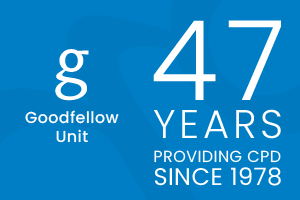While original trials of isotretinoin did not assess depression as an outcome, the teenage years are the peak for acne and depression, so a correlation is possible.
In this study of an international cohort, the authors compared patients (mean age 21.8 years) on isotretinoin versus those on antibiotics in terms of mental health outcomes.1
Patients prescribed isotretinoin experienced a lower risk of depression (hazard ratio [HR], 0.90; 95% [CI], 0.87-0.93; P =0 .001) but a similar risk of major depressive disorder. The risk of suicidal attempts was similar between groups despite the elevated risk of suicidal ideation in those under isotretinoin (HR, 1.41; 95% CI, 1.32-1.50; P 0.001). Patients on isotretinoin had a lower risk of post-traumatic stress disorder anxiety, bipolar disorder, schizophrenia, and adjustment disorder.
Mood should be monitored in adolescents as routine and not because they are on isotretinoin.

